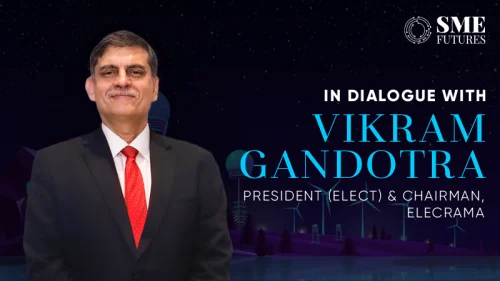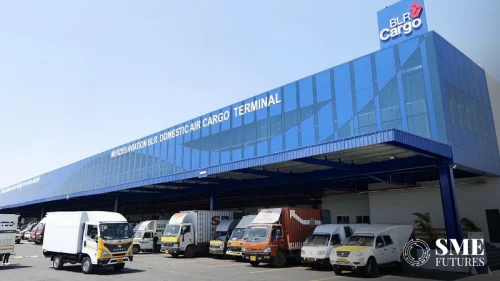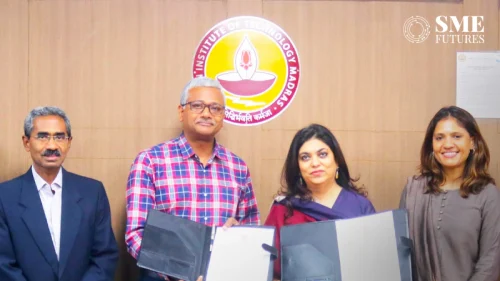In a rapidly evolving travel landscape, sustainability has emerged as a top priority for travellers, shaping their choices and expectations. Recognising this trend, Amadeus, a leading technology provider for the global travel industry, commissioned a comprehensive study involving 80 senior sustainability decision-makers across India and seven segments of the travel industry. The research aimed to provide insights into Environmental, Social, and Governance (ESG) ambitions, priorities, and challenges within the sector.
The findings of the study underscore a growing optimism within the global travel industry regarding the United Nations World Tourism Organization (UNWTO)-proposed goal of achieving net-zero emissions by 2050. Impressively, 79% of ESG decision-makers believe that the industry can attain this ambitious target.
Breaking down this optimism, the study revealed that 43% of respondents believe reaching net zero is achievable without any adjustments, while 36% acknowledge the need for urgent acceleration in progress.
Crucial to this positive outlook is the emphasis on action, with 92% of surveyed decision-makers having a step-by-step strategy in place or planning to implement one in 2024 to achieve environmental sustainability objectives.
Social sustainability initiatives also take a front seat, as 95% of respondents are actively involved or plan to be involved in such initiatives that extend beyond their organisations. This commitment is mirrored by increased investments, with 58% anticipating higher investment in 2024 compared to the previous year.
Despite the optimism, the study identified barriers to delivering on ESG initiatives:
- 41% cited cost as the primary barrier for environmental commitments.
- 40% highlighted C-suite buy-in as a challenge.
- 26% pointed to a lack of technology and knowledge as a barrier.
- For social initiatives, lack of knowledge (35%) and C-suite buy-in (34%) were significant barriers, while for governance initiatives, respondents cited lack of knowledge (40%), complex legal obligations (31%), and insufficient guidance from industry bodies (29%).
Notably, the study emphasised the critical role of technology in achieving sustainability goals. A staggering 91% of respondents emphasised the importance of technology in achieving environmental sustainability objectives, with 89% stating the same for social objectives.
Among the technology solutions highlighted, 34% saw potential in solutions removing CO2 from the atmosphere, 31% emphasised the importance of access to data for personalised travel experiences, and 30% advocated for more advanced search capabilities allowing travellers to understand the environmental impact of their choices.
Jackson Pek, Senior Vice President and Group General Counsel at Amadeus, expressed optimism, stating, “As the travel industry continues to navigate the complexity of delivering on ESG targets, I’m encouraged by the optimism and the commitments being put in place – from investments to strategic planning to technological solutions.”
Mani Ganeshan, Senior Vice President – Travel Distribution Engineering and Center Head – Amadeus Labs India, added, “We are pleased to see the growing emphasis on ESG investments within the Indian travel industry.”
The research serves as a crucial benchmark for assessing the industry’s progress and identifying areas for improvement, underlining Amadeus’s commitment to supporting customers and partners on their ESG journeys.











